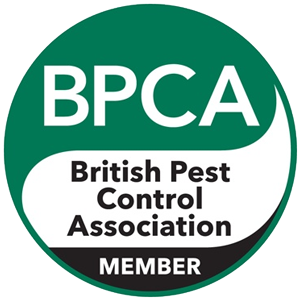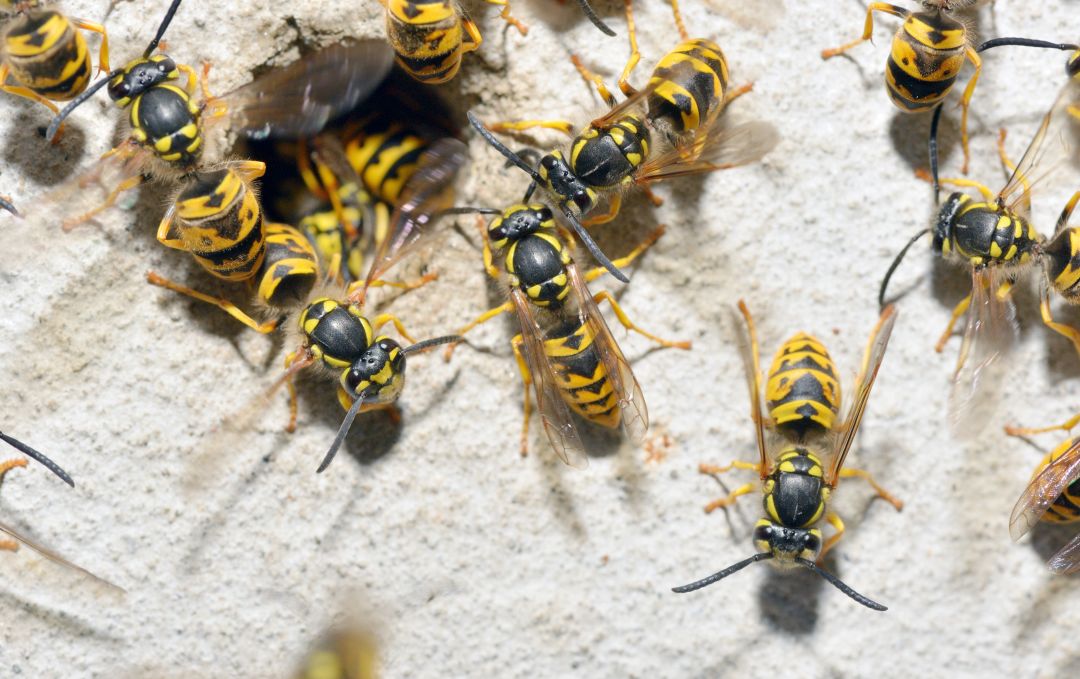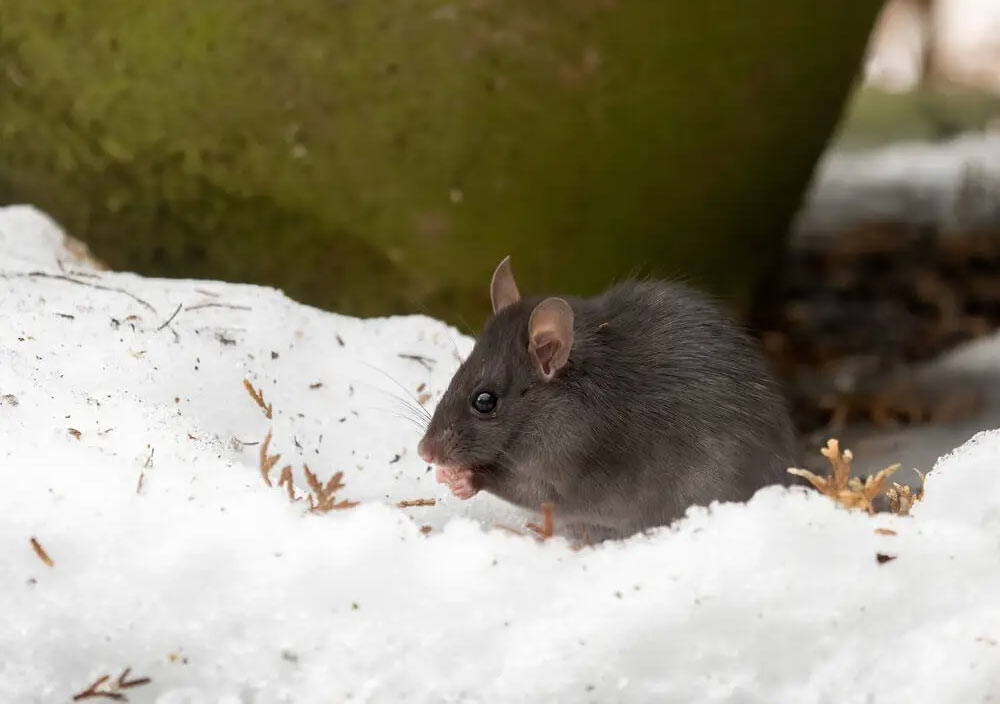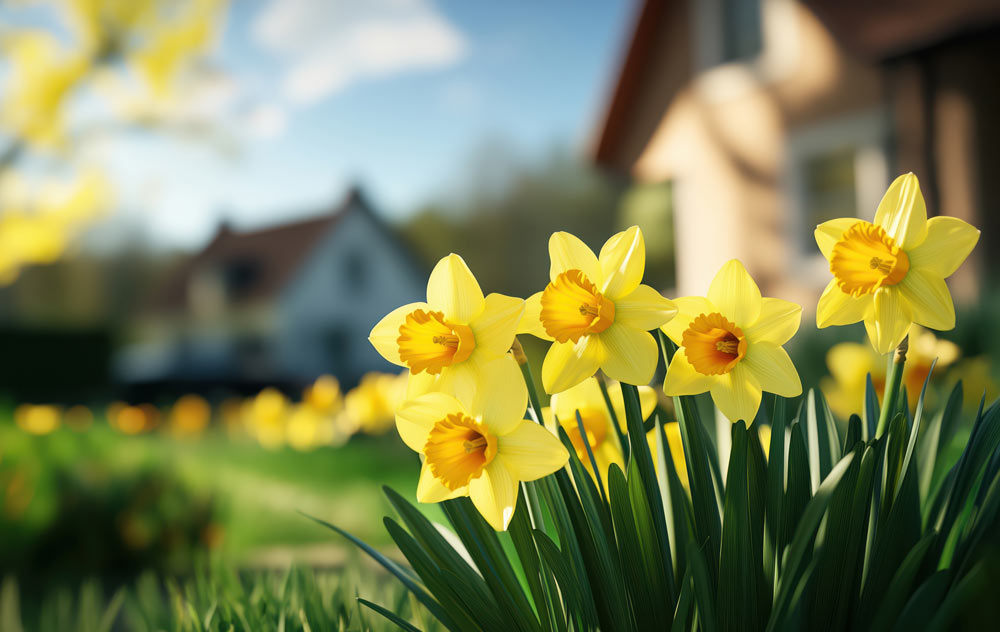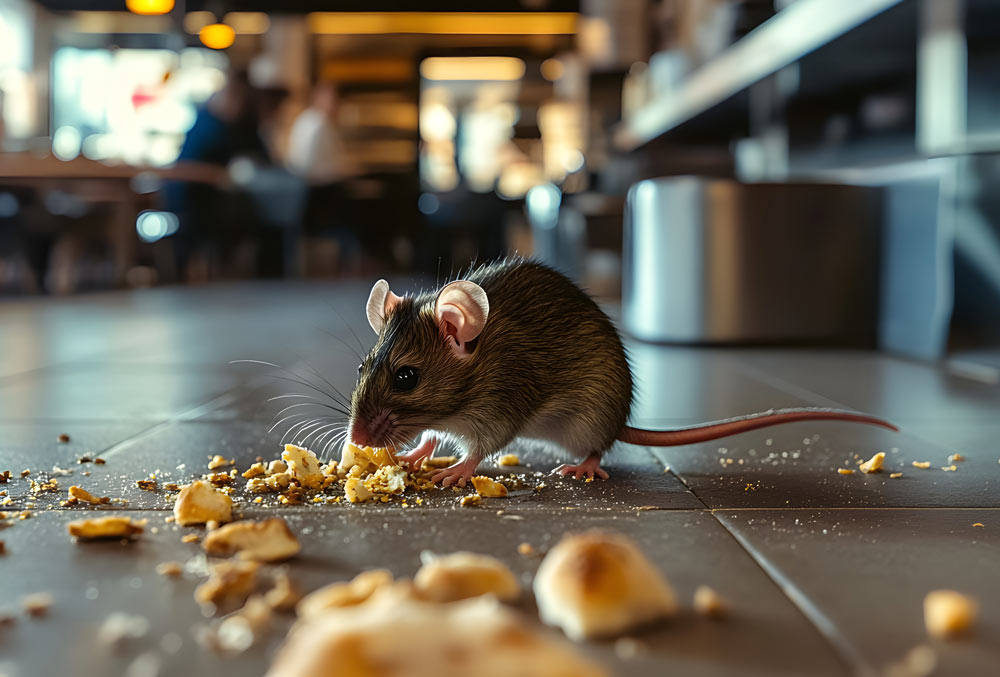As the weather warms up in the UK, wasps become a common—and often unwelcome—sight in gardens, lofts, and roof eaves. While a single wasp might just be an annoyance, discovering a wasp nest on your property can be alarming. Many people consider tackling the issue themselves, but removing a wasp nest without the right knowledge and equipment can be both dangerous and ineffective.
In this post, we’ll explain why professional wasp nest removal is not just a safer option, but often the only truly effective one.
The Risks of DIY Wasp Nest Removal
Tempting though it may be to try and sort the issue yourself, wasps are territorial and aggressive when their nest is disturbed. Here’s what you need to know:
-
High Risk of Stings: Wasps will defend their nest in numbers. Multiple stings can be extremely painful and, for some individuals, life-threatening due to allergic reactions.
-
Ineffective Methods: Many over-the-counter sprays may kill some wasps, but rarely eliminate the entire colony or queen, allowing the nest to recover quickly.
-
Nest Relocation and Regrowth: If not properly dealt with, a disturbed nest can split, causing wasps to rebuild elsewhere on your property—or even inside your home.
Why Professional Help is the Smart Choice
At Kwickill, our experienced pest control technicians are trained to safely and thoroughly remove wasp nests. Here’s why you should always call in the experts:
-
Expert Identification: Not all wasps behave the same. Some species are more aggressive than others, and knowing the difference helps us tailor the treatment.
-
Specialist Equipment: We use professional-grade insecticides and safety gear that are far more effective than DIY options, ensuring the nest is completely destroyed.
-
Safe, Discreet Service: Our team knows how to access awkward or dangerous nest locations—like lofts, roof spaces, and cavity walls—without putting anyone at risk.
-
Future-Proofing Your Home: We’ll advise on how to prevent future infestations and may treat other areas where wasps are likely to return.
When Are Wasps Most Active in the UK?
Wasp activity typically begins in late spring and peaks during the summer months, especially July to September. Queens begin to establish nests as early as April, meaning it’s wise to remain vigilant and act early if you notice increased wasp traffic around your home or garden.
Signs of a Wasp Nest on Your Property
-
A consistent stream of wasps entering and exiting a single point in a wall, roof, or ground hole
-
Buzzing sounds in walls or ceilings
-
Sudden increase in wasp presence around your home or garden
How Kwickill Can Help
With over 40 years of experience in pest control across the UK, Kwickill provides reliable, fast-response wasp nest removal services. Whether it’s in a domestic property, school, commercial site or public building, we act quickly to protect your environment from aggressive wasps.
Don’t Take the Risk – Call in the Professionals
If you suspect a wasp nest on your property, don’t take chances. Kwickill’s friendly and qualified technicians are here to help, offering expert advice and efficient removal tailored to your needs.
📞 Call us today on: 01706 814100 or contact us online to book your wasp nest removal.

